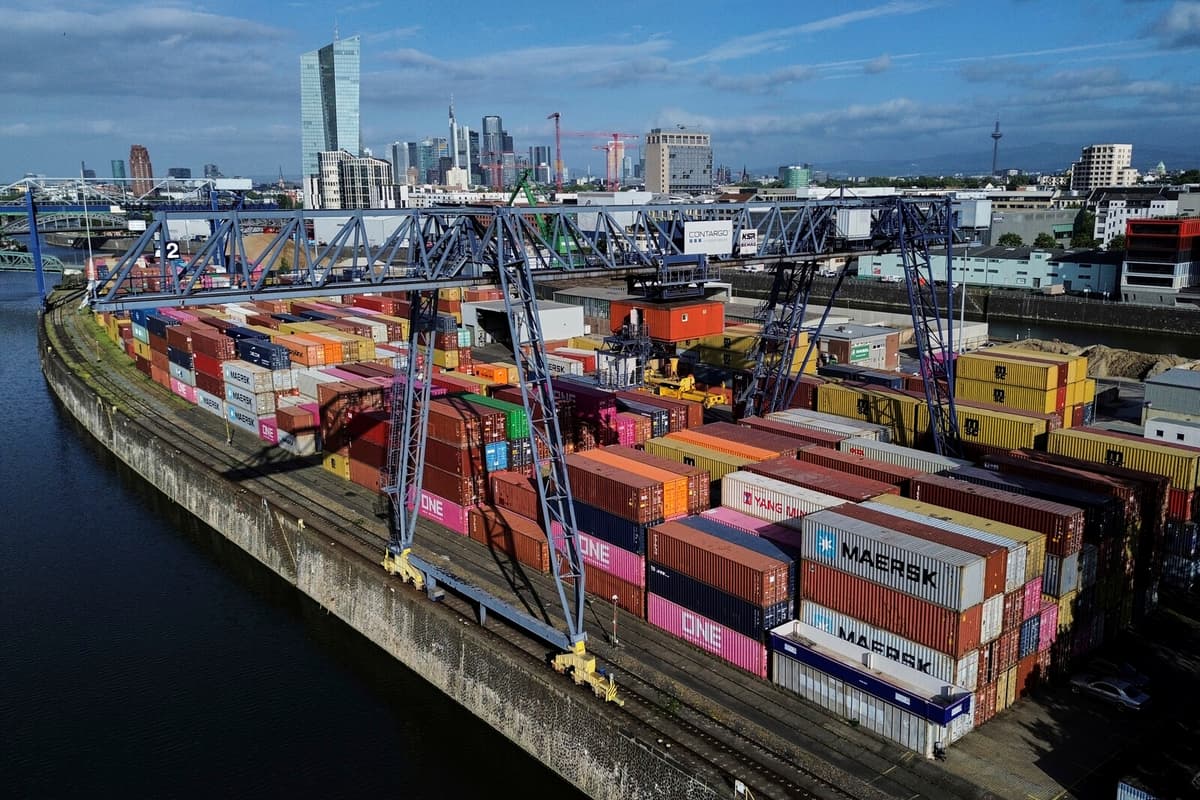The increase in GDP is explained by increased consumption and higher corporate investments and a boost for exports ahead of feared US tariffs.
The statistics come after the economic institute Ifos index for May earlier in the week showed that the sentiment among German companies rose more than expected in May, since the concern about the consequences of the Trump administration's tariff shock has been dampened.
For the full year 2025, expectations are that the German economy – Europe's largest and one of the most important export markets for Swedish companies – will not grow at all. This would be the third year in a row without growth.
The forecasts for 2026 and 2027 point to a scenario where the German economy grows by 1.2 and 1.7 percent, respectively.
Besides the uncertainty surrounding the Trump administration's tariffs and headwinds for global growth, Germany is struggling with structural issues at home, with an aging population and notoriously cumbersome bureaucracy.






